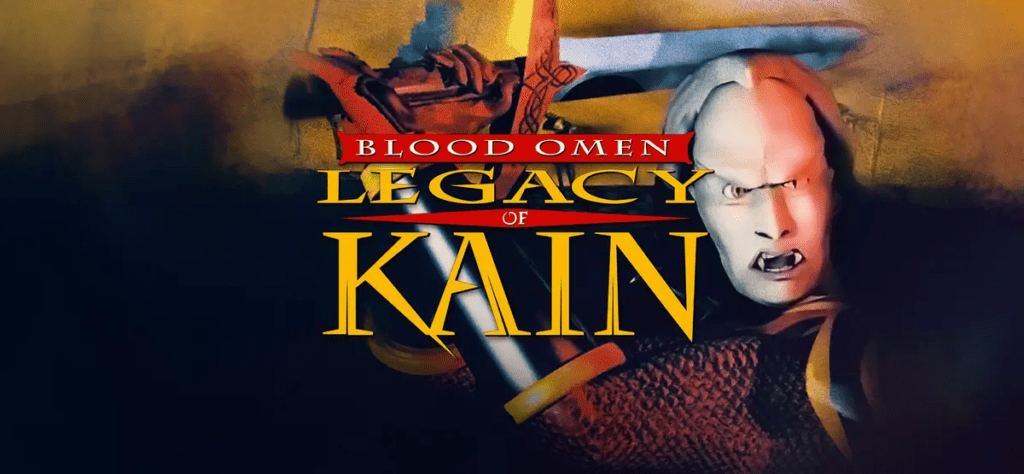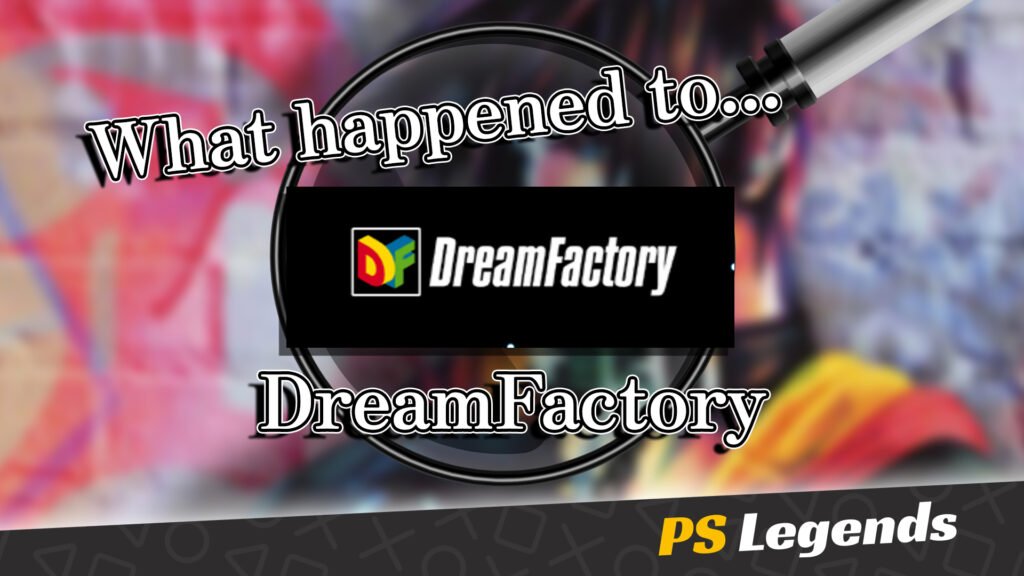Game Knights
Silicon Knights was a Canadian game developer. Founded in 1992 by Denis Dyack, the company was headquartered in St. Catharines, Ontario. They started developing for computers such as the Atari ST and IBM PC. Silicon Knights’ first games were real-time strategy and action hybrids for home computers. Silicon Knights’ last PC game, Blood Omen: Legacy of Kain was published in 1996 and ported to the original PlayStation.
Since then, Silicon Knights moved from creating PC games to console titles. In 2000, Silicon Knights was signed by Nintendo to create games exclusively for its consoles, during which time it produced Eternal Darkness: Sanity’s Requiem. Together with Nintendo, Silicon Knights worked with Konami to create Metal Gear Solid: The Twin Snakes. In 2004, the company ended exclusivity with Nintendo.

In 2005, Silicon Knights partnered with publisher Microsoft Game Studios for Too Human, though Nintendo still owned stock in the company. In 2008, the company released Too Human, which was published by Microsoft for the Xbox 360. The final game developed by the company, X-Men: Destiny, was released in September 2011 for multiple console platforms, including the PlayStation 3. In the company’s 22 active years, only nine games were released by Silicon Knights.
Desperate Times, Desperate Measures
On July 19th, 2007, Silicon Knights sued Epic Games for failure to “provide a working game engine”, causing the Ontario-based game developer to “experience considerable losses.” The suit alleged that Epic Games was “sabotaging” Unreal Engine 3 licensees. Epic’s licensing document stated that a working version of the engine would be available within six months of the Xbox 360 developer kits being released.
Silicon Knights claimed that Epic not only missed this deadline, but when a working version of the engine was eventually released, the documentation was insufficient. The game studio also claimed Epic withheld vital improvements to the game engine, claiming they were “game specific”, while also using licensing fees to fund development of its own titles rather than the engine itself.
In August 2007, Epic Games counter-sued Silicon Knights, alleging the studio was aware when it signed on that certain features of Unreal Engine 3 were still in development and that components would continue to be developed and added as Epic completed work on Gears of War. In a statement, Epic said that “Silicon Knights knew when it committed to the licensing agreement that Unreal Engine 3 may not meet its requirements and may not be modified to meet them.”
Additionally, the counter-suit claimed that Silicon Knights had “made unauthorised use of Epic’s Licensed Technology” and had “infringed and otherwise violated Epic’s intellectual property rights, including Epic’s copyrighted works, trade secrets, know how and confidential information” by incorporating Unreal Engine 3 code into its own engine. Furthermore, Epic claimed the developer broke their contract by employing this derivative work in an internal title and a second game with Sega, a partnership for which it never received a license fee.

Bailouts
In February 2008, Silicon Knights was granted $500,000 by the Ontario Media Development Corporation (OMDC) through its Video Game Prototype Initiative. Using this funding, they were to create a prototype for a “third-person action/psychological thriller”.
In April 2010, it was announced that the company would receive nearly $4 million through the Canadian government’s Community Adjustment Fund. The purpose of the loan was to allow the hiring of 65 new staff members who would be working on a new game for multiple platforms. The game was estimated to take two to five years to complete.
In July 2011, Silicon Knights was awarded $2.5 million to be distributed over five years in provincial funding to improve its technology, create new products and become a self-publishing company. The investment would have also supposedly allowed the company to hire 80 new people while keeping 97 current jobs and allow the company to become “self sustaining.” As of November 2011, Silicon Knights had reportedly not received any of this funding.
Backfired
On May 30th, 2012, Epic Games prevailed against Silicon Knights’ lawsuit and won its counter-suit for $4.45 million on the grounds of copyright infringement, misappropriation of trade secrets, and breach of contract, an injury award that was later doubled due to prejudgment interest, attorneys’ fees and costs.
Consistent with Epic’s counterclaims, the presiding judge, James C. Dever III, stated that Silicon Knights had “deliberately and repeatedly copied thousands of lines of Epic Games’ copyrighted code, and then attempted to conceal its wrongdoing by removing Epic Games’ copyright notices and by disguising Epic Games’ copyrighted code as Silicon Knights’ own.” Evidence against Silicon Knights was “overwhelming”, said Dever, as they not only copied functional code but also “non-functional, internal comments Epic Games’ programmers had left for themselves.”
As a result, on November 7th, 2012, Silicon Knights was directed by the court to destroy all game code derived from Unreal Engine 3 and all information from licensee-restricted areas of Epic’s Unreal Engine documentation website, and to permit Epic Games access to the company’s servers and other devices to ensure these items had been removed. In addition, the studio was instructed to recall and destroy all unsold retail copies of games built with Unreal Engine 3 code, including Too Human and X-Men Destiny. Several titles in early development were also ceased.

Knightfall
Dyack expressed regrets over the lawsuit not just because of the loss but also due to the fact that he underestimated the amount of time it took to settle the litigation. Had he known then, Dyack said he would have reconsidered pursuing the lawsuit. Dyack left Silicon Knights to form a new game studio, Precursor Games, after the loss of a court case against Epic Games over the game engine Unreal Engine 3.
Following the loss of the court case and subsequent payout, Silicon Knights filed for bankruptcy on May 16th, 2014. The closure of Silicon Knights would trigger the cancellation of several highly anticipated games, including Silent Hill: The Box, Too Human 2, Too Human 3, Eternal Darkness 2, and the little-known projects Siren in the Maelstrom, The Sandman, and King’s Quest (not to be confused with the Sierra series of the same name).



